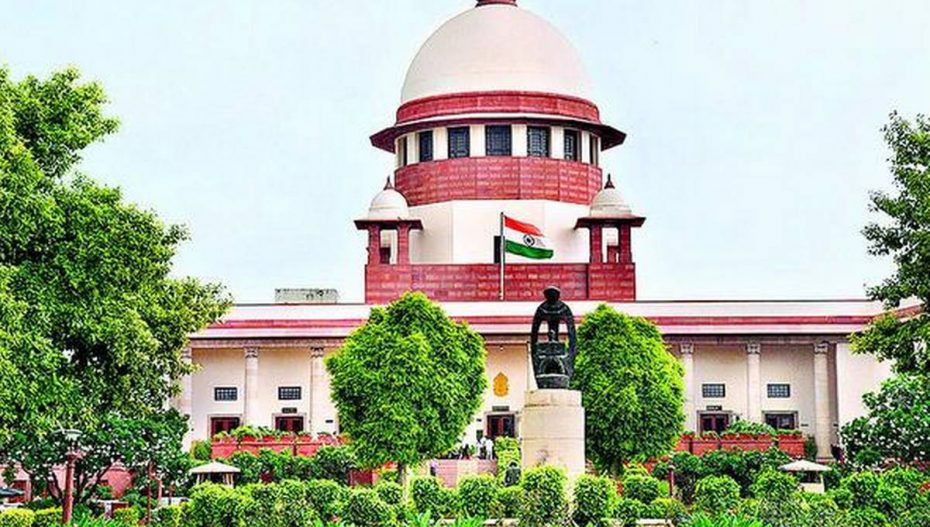In a decision that may block escape routes for many corrupt bureaucrats across the country, the Supreme Court has ruled that a preliminary enquiry (PE) is not mandatory for every corruption case against public servants to enable the CBI to lodge an FIR.
The simple meaning of this decision is that no State Government could now refuse permission to the CBI to file an FIR against a bureaucrat if there is a prima facie case for a police complaint. This used to be delayed earlier on the pretext that a public servant could not be charged unless a preliminary enquiry finds cognizable facts.
A bench of Justices DY Chandrachud, Vikram Nath and BV Nagarathna held that there could not be a blanket need for a preliminary enquiry. This would depend on the facts and circumstances of each case and “an FIR will not be vitiated simply because a PE was not conducted.”
“The precedents of this Court and the provisions of the CBI Manual make it abundantly clear that a preliminary enquiry is not mandatory in all cases which involve allegations of corruption. The decision of the Constitution Bench in Lalita Kumari holds that if the information received discloses the commission of a cognizable offence at the outset, no preliminary enquiry would be required,” the Court said.
The bench gave this judgment in an appeal against an order of the Telangana High Court quashing an FIR on the ground that it was based on information from “known sources of income” that were not subject to PE by the Central Bureau of Investigation (CBI) before registering an FIR.
The FIR was registered under the Prevention of Corruption Act and the Indian Penal Code against a Commissioner of Income Tax for possessing assets disproportionate to her known sources of income to the tune of over ₹ 1.10 crore, which was 22.86 per cent of the income earned during the check period.
On deciding this case, the Court relied on the judgment in Lalita Kumari v. Govt. of UP to be the most authoritative pronouncement of law wherein it was held that a PE was not necessary when the information received disclosed the commission of a cognisable offence.
“The scope of preliminary inquiry is not to verify the veracity or otherwise of the information received but only to ascertain whether the information reveals any cognizable offence. As to what type and in which cases preliminary inquiry is to be conducted will depend on the facts and circumstances of each case,” the Court said.
The Bench also dealt with the judgment in The State of Telangana v. Managipet in which the issue of disproportionate assets was specifically dealt with and it was found that where relevant information regarding prima facie allegations disclosing a cognisable offence was available, the FIR could proceed without a preliminary enquiry.
“These decisions do not mandate that a Preliminary Enquiry must be conducted before the registration of an FIR in corruption cases. An FIR will not stand vitiated because a Preliminary Enquiry has not been conducted,” the top court ruled.













Service production at is enjoyed by Givt servant.My repeated complains submitted along with prima facua proofs before all appropriate authorities if GOI are still under legal scrutiny and enquiries inquiries for last 25 years
Corrupt Govt servants are united and taking misadvantage if helplessness of Hon courts, who are not Abling to award justice in time
Any how the Law and orders will prevail only till trust on Hon courts are menraunef- may be delay but prevails
Jay Hind
Let trust and law be strengthened